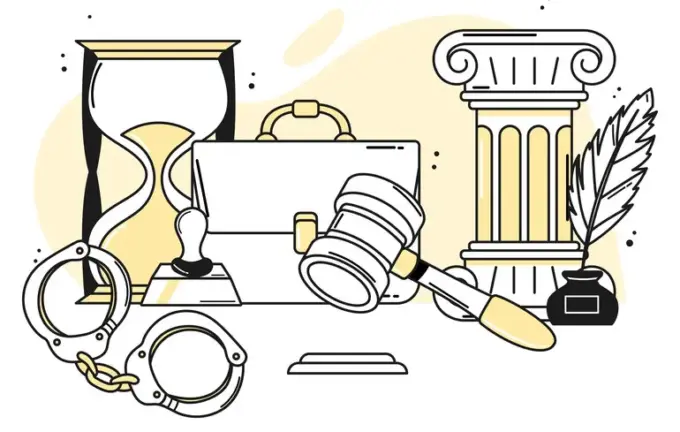Judicial System reform in Ukraine: necessity and challenges of modernization

Ukraine is undergoing a comprehensive reform of its judicial system aimed at improving efficiency and aligning with modern European standards.
A major aspect of this reform involves optimizing the court network, which historically has been extensive and inefficient due to outdated administrative boundaries and a surplus of courts.
Following the completion of administrative reforms in 2020 that radically changed the country’s territorial structure, unresolved issues remain regarding the distribution of judicial resources in accordance with the new territorial map.
This is especially relevant given the war’s effects and destruction in frontline regions, where many courts are damaged or destroyed, and the workload on judges has increased multiple times.
In May 2025, the government approved a new Roadmap for advancing the rule of law, which envisions gradual optimization of court institutions, starting with pilot projects.
The main idea involves reducing the number of courts to 150-220 through consolidations and centralization, allowing for improved staffing and more efficient case consideration.
Equally important is considering economic, logistical, and demographic factors to ensure citizens have quick access to justice regardless of their location.
The internal scenarios include creating remote court divisions in distant communities, while more radical plans suggest nearly tripling the efficiency by significantly reducing the court count.
This will help economize resources and accelerate judicial proceedings.
Engaging judges, society, and experts through public consultations and monitoring is crucial to avoid social tension and ensure transparency.
Drawing on international best practices from countries like Finland, Lithuania, and Sweden, Ukraine can adopt successful models of digitization, staffing reforms, and management of the judicial system.
Such measures are vital for sustainable development and restoring public trust in justice, which is key to overcoming contemporary challenges and ensuring legal security for every citizen.

